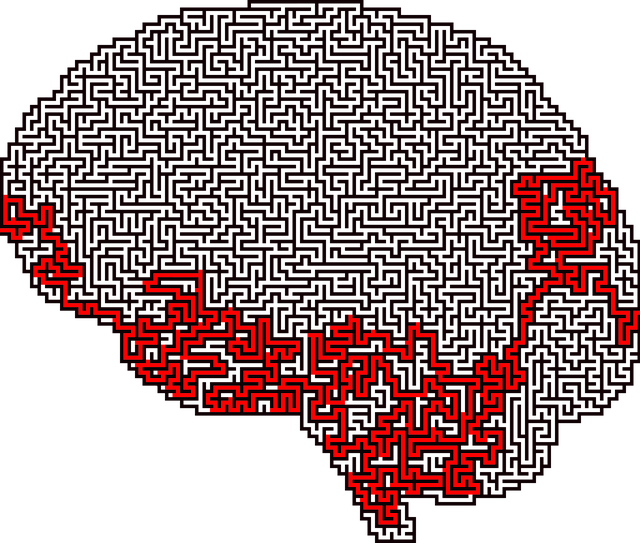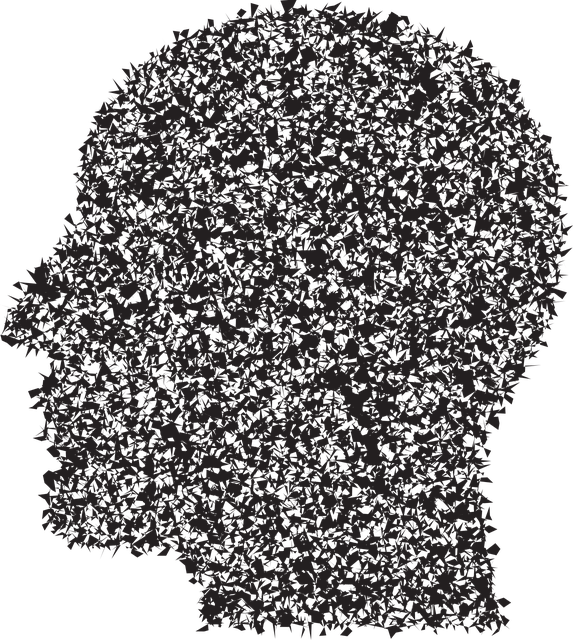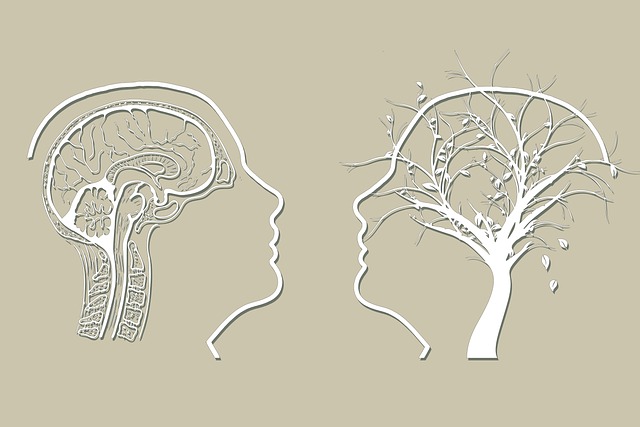Understanding Mental Health Data is a foundational step in effective therapy, especially at Wheat Ridge Play Therapy & Therapy, utilizing structured interviews, surveys, and play-based assessments. Data preparation involves meticulous organizing and coding to ensure accuracy, followed by analysis that provides insights into clients' mental health landscapes. Advanced analytics techniques like machine learning and natural language processing enable personalized interventions focusing on self-esteem, stress reduction, and burnout prevention. Interpreted data offers actionable insights for therapists, who use it to tailor therapeutic approaches, such as Social Skills Training, with a strong emphasis on cultural competency. As technology advances, ethical handling of sensitive data becomes crucial, while the future looks towards integrating diverse methods and Cultural Competency Training to enhance mental health understanding and care.
Mental health data analysis is a powerful tool for understanding and improving well-being. This article explores the intricate process of collecting, preparing, and analyzing mental health data, highlighting advanced techniques like machine learning and natural language processing. We delve into practical applications in Wheat Ridge Play Therapy, demonstrating how data can guide therapeutic approaches. Furthermore, ethical considerations are discussed, along with future trends, emphasizing the potential for enhanced mental health services through rigorous data analysis methods.
- Understanding Mental Health Data: Collection and Preparation
- Advanced Analytics Techniques for Deeper Insights
- Interpreting Results: Practical Applications in Play Therapy
- Ethical Considerations and Future Directions in Mental Health Data Analysis
Understanding Mental Health Data: Collection and Preparation

Understanding Mental Health Data is a crucial step in any therapeutic journey, especially when exploring avenues like Wheat Ridge Play Therapy. The collection of data involves careful observation and assessment techniques to capture the nuances of an individual’s mental health status. This process often includes structured interviews, surveys, or play-based assessments tailored to different age groups. For instance, in play therapy sessions at Wheat Ridge, therapists use creative activities to encourage self-expression, allowing children to communicate their feelings and experiences.
Data preparation is a meticulous task that ensures the information is ready for analysis. This step involves organizing, coding, and cleaning the data to remove any inconsistencies or errors. Therapists might employ various qualitative and quantitative methods, such as thematic analysis for text data or statistical techniques to identify patterns in behavioral observations. By efficiently preparing and analyzing these records, therapists can gain valuable insights into clients’ mental health landscapes, enabling them to design personalized interventions aimed at improving self-esteem, stress reduction methods, and even burnout prevention strategies.
Advanced Analytics Techniques for Deeper Insights

In the realm of mental health data analysis, advanced analytics techniques play a pivotal role in uncovering deeper insights that can transform therapeutic practices. By employing sophisticated methods such as machine learning and natural language processing, professionals like those at Wheat Ridge Play Therapy & Therapy can delve into vast datasets to identify patterns, trends, and correlations within patient populations. This enables them to tailor interventions more precisely, addressing not just symptoms but also the underlying factors contributing to mental health challenges.
For instance, these techniques can help in quantifying the impact of positive thinking and inner strength development programs, as well as evaluating the effectiveness of Stress Management Workshops organized by like-minded organizations. By analyzing patient feedback, treatment outcomes, and self-reported metrics, therapists can gain valuable insights into what works best for different individuals, fostering continuous improvement in their approach to mental health care.
Interpreting Results: Practical Applications in Play Therapy

Interpreting the results of mental health data analysis is a critical step in play therapy, as it translates complex information into actionable insights. Wheat Ridge Play Therapy experts utilize various tools and assessments to gather data on a child’s emotional state, social interactions, and behavioral patterns within a playful environment. This qualitative and quantitative data provides a comprehensive view of the child’s mental wellness. By carefully analyzing these results, therapists can identify areas of strength and challenge, tailoring their approach for individualized support.
For instance, the Mental Wellness Podcast Series Production often emphasizes cultural competency among healthcare providers, which plays a pivotal role in interpretation. Therapists must consider the cultural context of each client, ensuring that data reflects genuine progress rather than external influences. This tailored understanding guides the design and delivery of interventions, such as Social Skills Training, fostering positive changes within play therapy sessions.
Ethical Considerations and Future Directions in Mental Health Data Analysis

As mental health data analysis continues to evolve, ethical considerations become increasingly vital. With advancements in technology and access to vast amounts of information, ensuring privacy, consent, and secure handling of sensitive data is paramount. Researchers and healthcare providers must adhere to strict guidelines to protect individuals’ identities and maintain confidentiality. This is especially relevant when exploring diverse populations, including those seeking Wheat Ridge Play Therapy services, where cultural sensitivity and context play a significant role in interpretation.
The future of mental health data analysis lies in integrating diverse methods and perspectives. Combining quantitative data with qualitative insights can provide a more comprehensive understanding of mental health trends and challenges. Healthcare Provider Cultural Competency Training programs can empower professionals to interpret data within specific cultural contexts, fostering more effective interventions. Furthermore, emphasizing Inner Strength Development through data-driven approaches may offer innovative ways to support individuals in building resilience and coping mechanisms, ultimately enhancing Mental Health Awareness and overall well-being.
Mental health data analysis is a powerful tool that offers profound insights into individual and collective well-being. By employing advanced analytics techniques, professionals like those at Wheat Ridge Play Therapy can interpret complex data to enhance therapeutic practices. This article has explored the process from understanding data collection and preparation to leveraging these methods in play therapy and considering ethical implications. As technology advances, continued research and responsible analysis will further revolutionize mental health support, ultimately improving outcomes for individuals seeking treatment, such as those at Wheat Ridge Play Therapy.














